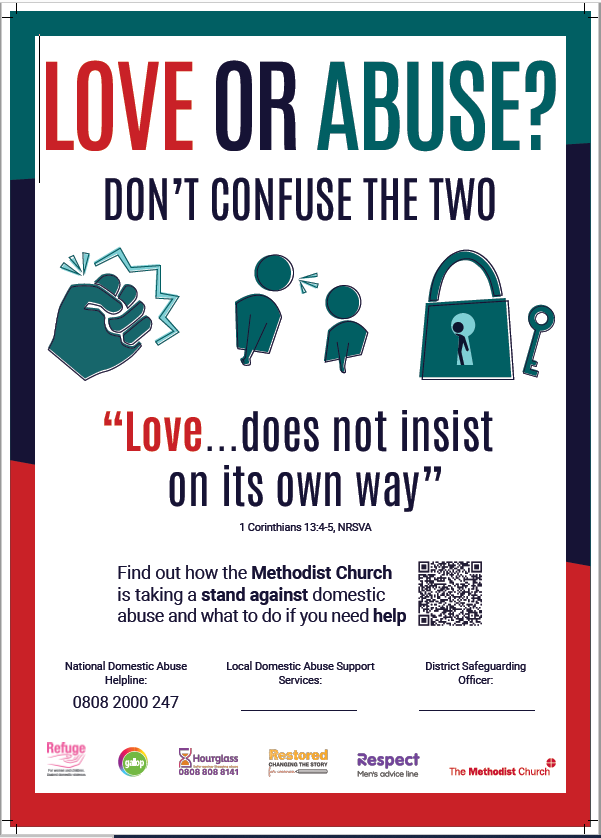Don’t Turn Away
On the International Day of Elimination of Violence Against Women, Sarah shares her testimony as a survivor of domestic abuse.
20 November 2024
20 November 2024
I was 22 when I met him. He worked for a coach company, and I first met him in person while he was on a job in Blackpool. We had communicated back and forth over the Internet for months and then tried to meet up once a month. Long-distance distance relationships are hard, and it wasn’t long before he moved in with me at my parents’ house.
He was charming, funny and he made me happy. My parents liked him and didn’t object to him moving in.
The violence started about a month after he moved in. Little things at first that were always followed with an apology. He hated himself for what he had done and was physically very upset. I forgave him and tried to convince myself he wouldn’t do it again. I also tried to find excuses for why he had behaved that way.
One of the common traits of abusers is that they remove you from any support networks you have. I pulled away from friends and my wider family. I left my studies because I had fallen behind. After 6 months, I lost my job because of the number of sick days I was taking. There were occasions when he turned up at my workplace and became violent, causing a disturbance that the bosses were not happy about. The only place I was still allowed to go was church.
He didn’t like church, so I went on my own. I had been going to that church for a couple of years, so I was relatively a newcomer, but everyone had been so welcoming. People would come and join me in the pews for service and were keen to involve me in conversation at coffee afterwards.
However, this started to change as the domestic abuse became more obvious. The bruises were getting worse and couldn’t be hidden. Black eyes, dislocated wrist and a broken arm at one point. People withdrew from me. I can imagine that they didn’t know what to say and would have felt uncomfortable. People stopped sitting next to me at services and nobody spoke to me at coffee. People would drop their eyes when I came to the hatch hoping not to make eye contact. Sometimes I would notice people looking in my direction and speaking softly to someone next to them. I got the impression that they felt sympathy for me and thought they were sharing their concerns about me.
However, the result was I felt isolated. Church had been a safe place for me where I could relax and could freely talk with people. Now it only made me feel worse and increased the shame I felt. Eventually, I stopped going. Church had been the last contact I had with the outside world and once that was gone the violence got worse and my mental health deteriorated.
Eventually, I escaped the violent relationship and rebuilt my life. I have a loving partner and 3 amazing children. I am back at church, although a different one from before, and am active in our outreach to the community.
What was the purpose of me writing this? What do I hope will be the takeaway message? It is not easy to see someone suffering and when we cannot help it is sometimes easier to turn away. Confronting someone who is a victim of domestic abuse about what has happened to them might not be helpful. They may not be ready to talk about it, but what you can do is create opportunities for them to talk. Let them know that you are there. Talk with them, offer friendship, smile and engage with them. Then, when they are ready, they may ask for help.
Don’t Turn Away.
